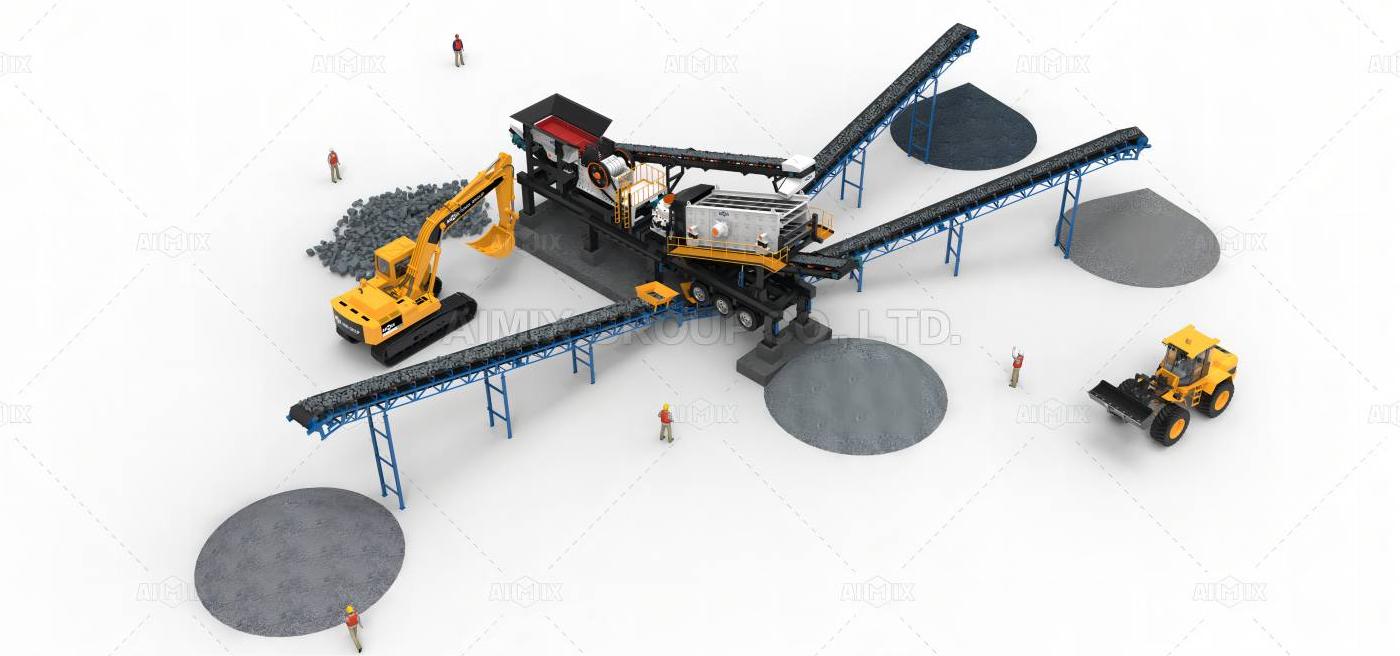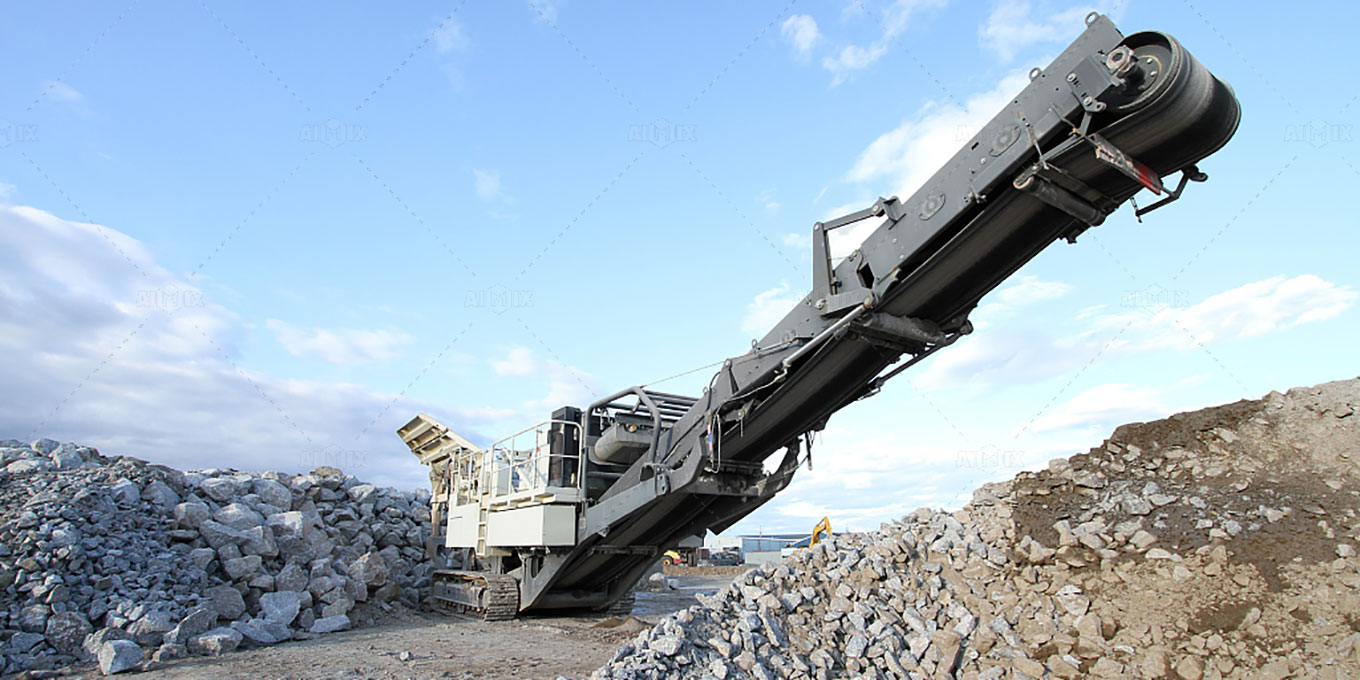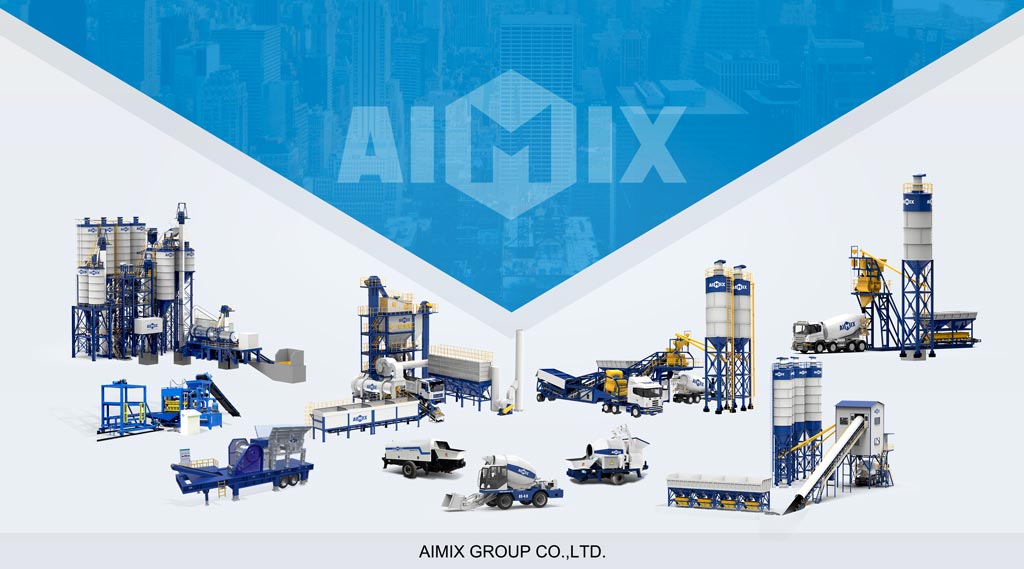Manufacturers today are pushing the boundaries of what granite crushers can achieve, thanks to custom-configured designs that promise better efficiency, improved durability, and precise output gradation. Yet with such personalization comes the inevitable question: does tailoring the granite crusher machine inflate the overall cost beyond practical justification, or does it pay off over time? Understanding the financial dynamics behind customization is key to making a smart investment in heavy equipment.
Understanding Custom-Configured Granite Crushers
What Makes a Crusher “Custom”?
A crusher earns the “custom” label when it deviates from standard factory specifications to meet specific operational needs. This can range from modifying crushing chambers for different rock densities to outfitting the machine with enhanced liners, variable speed drives, or even hybrid powertrains. Some configurations involve re-engineering the feed systems or integrating smart automation technology for better particle size control.
Each alteration is meticulously engineered, often requiring tailored fabrication and unique assembly processes. Customization transforms an off-the-shelf machine into a purpose-built asset, fine-tuned to handle distinct geological conditions or specialized output requirements.

Common Customization Options
Options for customization are vast and growing. Among the most common are reinforced heavy-duty frames, specialized wear-resistant components, adjustable closed-side settings, and dust suppression systems. Automation packages that allow remote monitoring and real-time adjustments are also gaining ground rapidly.
Hybrid electric drives and modular designs for ease of transport are modern favorites. By selecting these options, operators can maximize crusher uptime, reduce operating costs, and achieve a far more predictable production curve, even with highly abrasive granite.
The Cost Equation: Breaking Down the Expenses
Initial Investment vs. Long-Term Gains
At first glance, a custom-configured granite crusher carries a higher sticker price compared to its standard counterpart. Bespoke engineering, specialized materials, and longer lead times all contribute to an elevated upfront cost.
However, long-term operational savings often overshadow the initial outlay. Custom jaw crusher mobile optimize throughput, minimize downtime, and prolong wear part life—all of which culminate in lower maintenance costs and improved material yield over time. For high-volume operations, the return on investment can be remarkably swift, making customization a financially sound strategy rather than a luxury.
Hidden Costs to Consider
Despite the advantages, prospective buyers must remain vigilant about hidden costs. Specialized components might require longer delivery times when replacements are needed, potentially leading to extended downtimes. Maintenance technicians may need additional training to service complex systems, adding another layer of cost.
Moreover, insurance premiums can sometimes be higher for custom machinery due to the perceived risk associated with non-standardized parts. A thorough lifecycle cost analysis is essential before signing off on any customized build.

The Value of Tailoring: Is It Worth It?
Performance Advantages
Custom configurations bring tangible performance enhancements. Crushing efficiency improves dramatically when the machine is calibrated specifically for granite’s hardness and abrasiveness. Reduced wear rates and enhanced energy utilization mean operators enjoy steadier, more consistent production even under punishing conditions.
Customization also allows better adaptability to site-specific conditions, whether it’s limited space, regulatory dust limits, or fluctuating feed material characteristics. This operational flexibility can spell the difference between merely surviving and thriving in competitive markets.
Strategic ROI in Specialized Applications
For companies engaged in niche or high-demand granite production, custom stone crushers are often indispensable. The strategic advantages of quicker project turnarounds, higher material quality, and lower cost per ton translate directly into market competitiveness and profitability.
Tailoring does not simply add cost—it adds value. By aligning the machine’s capabilities perfectly with the production goals, operators position themselves for sustainable success and resilient operations, even as market demands evolve.
In a landscape where precision, durability, and efficiency dictate success, custom-configured granite crushers stand out not as extravagant indulgences, but as smart, strategic investments with the power to reshape operational outcomes.

Comments
June 12, 2025 09:52
Fans of the original sprunki incredibox might recognize the basic gameplay: players construct their own musical.